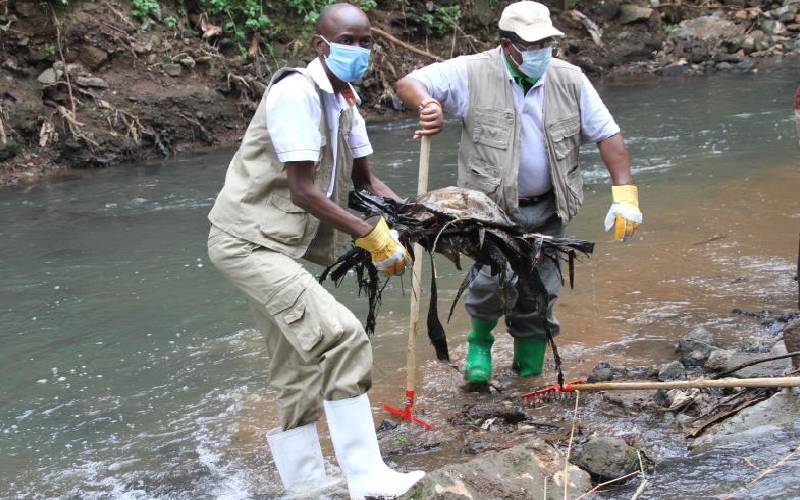×
The Standard e-Paper
Smart Minds Choose Us

Environment Cabinet Secretary Keriako Tobiko during a City clean-up exercise at the Michuki Memorial Park and enforcement action along Nairobi River. [File, Standard]
I am a product of Nairobi School, one of the few grand national schools then. We were the proud inheritors of a once grand institution that the British had built to emulate their aristocratic traditions and to create their own new aristocracy here.